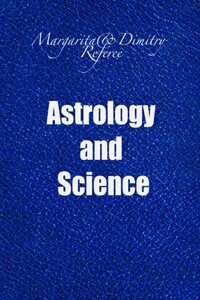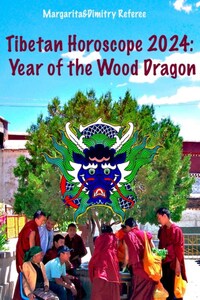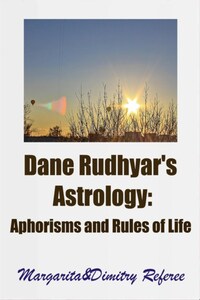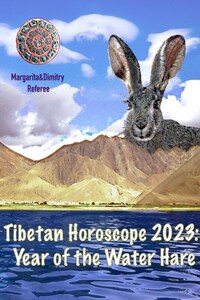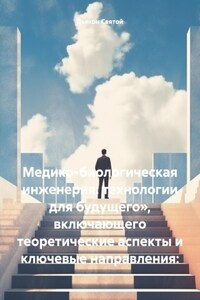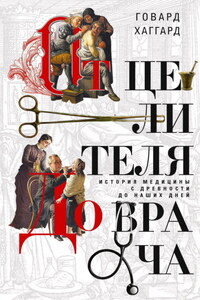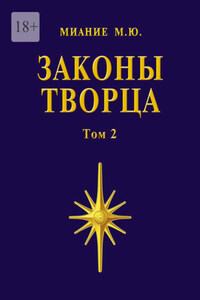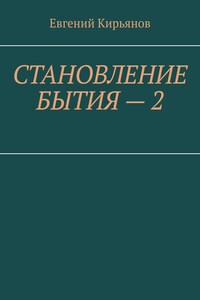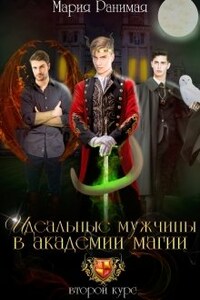Before the onset of the third millennium, there was a lot of talk about the end of times and the change of eras. Someone filmed disaster films, someone frightened people with decryptions of prophecies about the end of the world, someone encouraged others not to throw hysteria, someone enjoyed postmodernism, revealed at the turn of the century in all its glory.
Meanwhile, the musicians recorded songs and albums, the titles of which featured the exciting and mysterious word millennium. A new thousand was to appear on the counter of the years that have passed since the birth of Christ. The atmosphere of expectation of the new millennium has developed on the basis of ideas about the coming of the Age of Aquarius (New Age). It was mystical, but at the same time, it was ironic in a postmodern way. This mood was expressed by the British singer Robbie Williams in a song called “Millennium”, released in 1998, just at the peak of the wave of millennial anticipation.
Williams sang about his cynical friends, about life “for liposuction,” about making money from the very cradle. In a perky video for this song, Williams, with a grin, encroached on the “holy of holies”: he parodied the great hero-spy of all Great Britain – James Bond.
But what does this have to do with astrology, you ask? It’s all about the chorus repeating from the very beginning of the song:
We’ve got stars directing our fate
And we’re praying it’s not too late
Millennium…
Robbie Williams has clearly caught the zeitgeist. 20 years after the song was released, articles with headlines like “Why Do So Many Millennials Believe in Horoscopes?” (The Independent, 02/19/2017) or “Why Are Millennials So Into Astrology?” (The Atlantic, 01/16/2018) began to appear in serious publications, in which the authors asked how it happened that “58 percent of 18–24-year-old Americans believe astrology is scientific”.
Millennials are those who were born after 1981, that is, relatively speaking, those who met the beginning of the third millennium at a young age and, presumably, to the sound of a song by Robbie Williams, singing about how the stars rule our destinies.
“The study also revealed that skepticism of astrology is decreasing, and indeed you don’t have to look far online to find the strong community of young, cool, perfectly normal people who obsess over their zodiac signs”.
If you look not only at millennials, then the attitude towards astrology in the countries of the Western world (in the East it is traditionally positive) at the beginning of the 21st century was as follows:1
– According to a 2008 study, 22% of Britons believe in astrology and 15% believe in fortune-telling or Tarot. These results, in comparison with the results of the 1951 poll, were "especially striking", because, in 1951, only 7% of the respondents said that they believe in prediction by cards and 6% – by stars.2
– According to the US National Science Foundation, at least a quarter of the US population in 2004 believed in astrology. 32% of Americans believed that "some numbers are particularly lucky for some people."3
– In Europe, belief in astrology is more widespread than in the United States. According to the 2001 European Commission, 53% of Europeans believe that astrology is “rather scientific”. At the same time, only 42% consider economics to be scientific, 65% – psychology, 33% – history. 46% of Europeans believe that "some numbers are particularly lucky for some people."4
– A 2009 survey found that nearly half of Australians surveyed believe in supernatural powers such as extrasensory perception, and 41% of Australians believe in astrology.5
– According to a survey carried out by the Levada Center in 2013, 28% of Russians believe in astrological predictions. More than half of Russians (52%) believe in omens, and 43% believe in prophetic dreams.6
***
How did it happen that despite scientific progress, including space flights, and the fact that worried scientists with great zeal and PR noise disown astrology and blaspheme it, the ancient doctrine of the influence of planets and stars on earthly life is winning its place in the minds of people again?
Some scientific skeptics tend to see in the modern craze for astrology a "boom of obscurantism" characteristic of "crisis moments of social development, for periods of socio-cultural timelessness."7 However, those scientists who are more conscientious tend to look critically not at astrology, but science. Thus, researcher Paul Woolley, commenting on the results of a British survey on attitudes towards astrology, noted that "the enlightenment optimism in the ability of science and reason to explain everything ended decades ago."8
However, one should not exaggerate the possibilities of astrology. A good share of healthy skepticism should always be present, and not only in matters of astrology (where a lot of extraneous noise and very little academicism have accumulated over the millennia).
The authors of the Great Russian Encyclopedia say the following:
